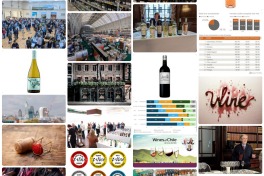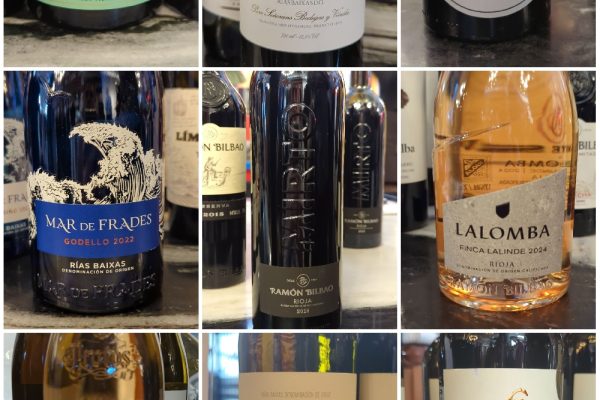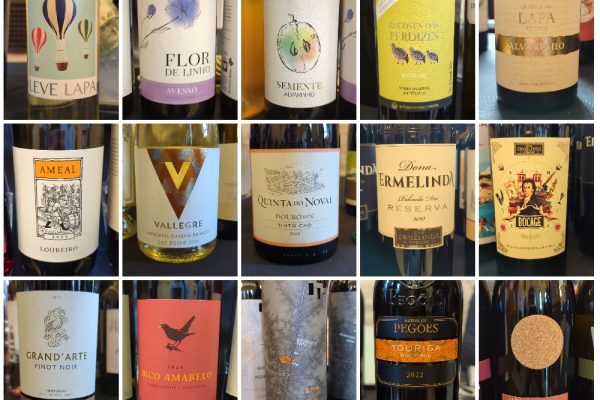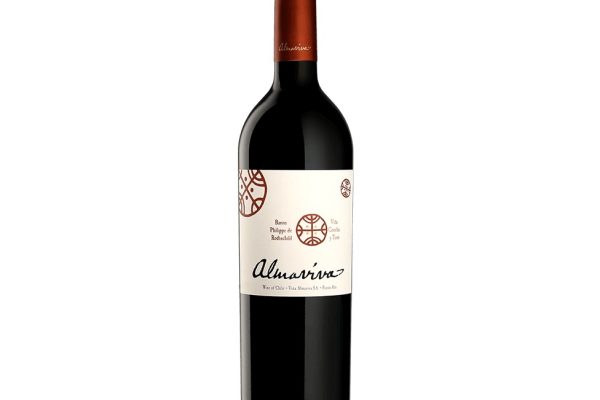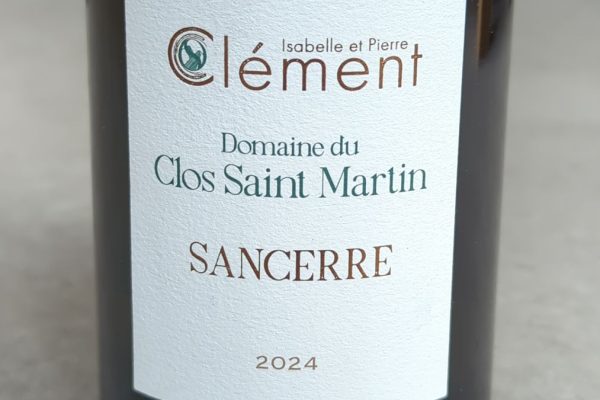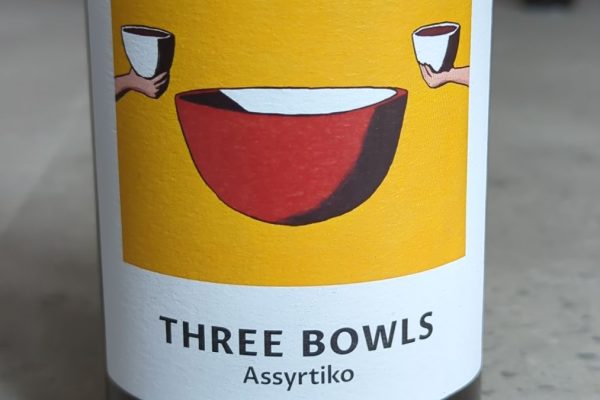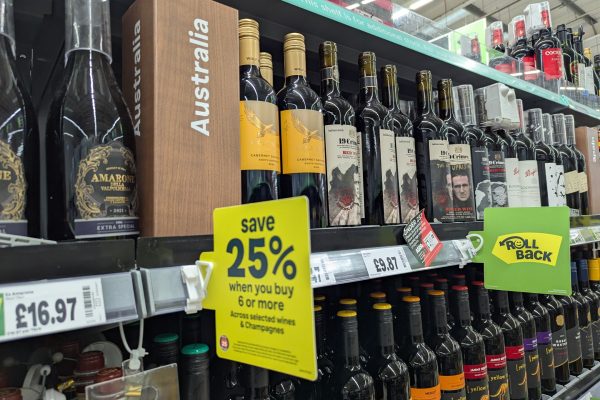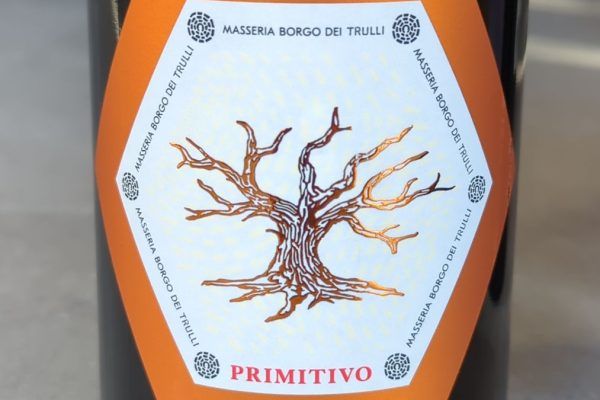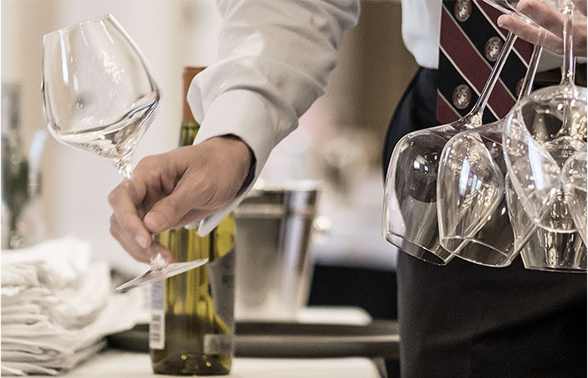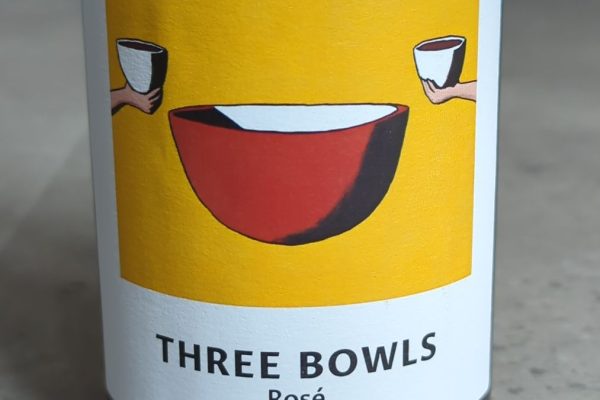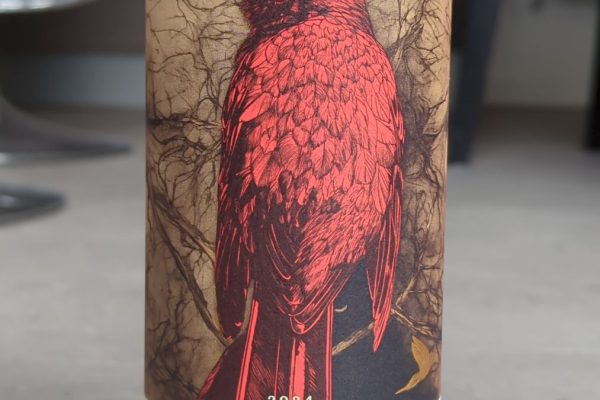
The UK government has launched the Future Winemakers’ Scheme with an investment of £1.5 million to support the burgeoning domestic wine industry, focusing on the education and training of future viticulturists and winemakers.
Announced by Environment Secretary Steve Barclay at the WineGB conference, this initiative aims to cultivate skilled professionals to sustain and expand the industry’s rapid growth over the past two decades. The scheme is part of a broader effort to streamline regulations and enhance support for the sector, which currently employs around 2,300 full-time and 8,300 part-time workers, with expectations of a 50% employment increase next year. The funding will be used for new courses at Plumpton College, a key institution for wine education in the UK, to boost training capacity and prepare for expected industry growth.
There also some new reforms for the wine industry, aiming to unlock growth, reduce burdens and offer more choice to consumers. New regulations are being introduced to accommodate the increasing consumer interest in low and no-alcohol wine options, allowing these products to be officially labelled as wine. Additionally, changes will permit UK businesses to enhance imported wine by carbonation and sweetening, a move aimed at fostering growth and employment within the local industry. This change is also expected to encourage more bulk imports of wine, which can significantly reduce shipping costs and lower the industry’s greenhouse gas emissions. Furthermore, wine labelling rules are being ‘improved’ to ensure clearer consumer understanding of what they are buying, specifically mandating that the term ‘British Wine’ be used exclusively for wines made from British-grown grapes.
While the funding is welcome, I personally think some consumers will find these regulations confusing and they will have less clear understanding of what they are buying. Some people are bound to mistakenly buy ‘wine’ and not know it contains no alcohol, which can sully the reputation of wine. Italy is actually considering the opposite, removing ‘wine’ from non-alcohol labels as it’s damaging to the country’s culture (of wine). The manipulation of imported wine by bad actors might confuse things such that it will be difficult to sometimes know what we are drinking. The currently well-known term is ‘English Wine’, ‘Welsh Wine’ or ‘English Sparkling’ which don’t currently seem to sit well with ‘British Wine’ which I thought implied wine made from imported grape must.




